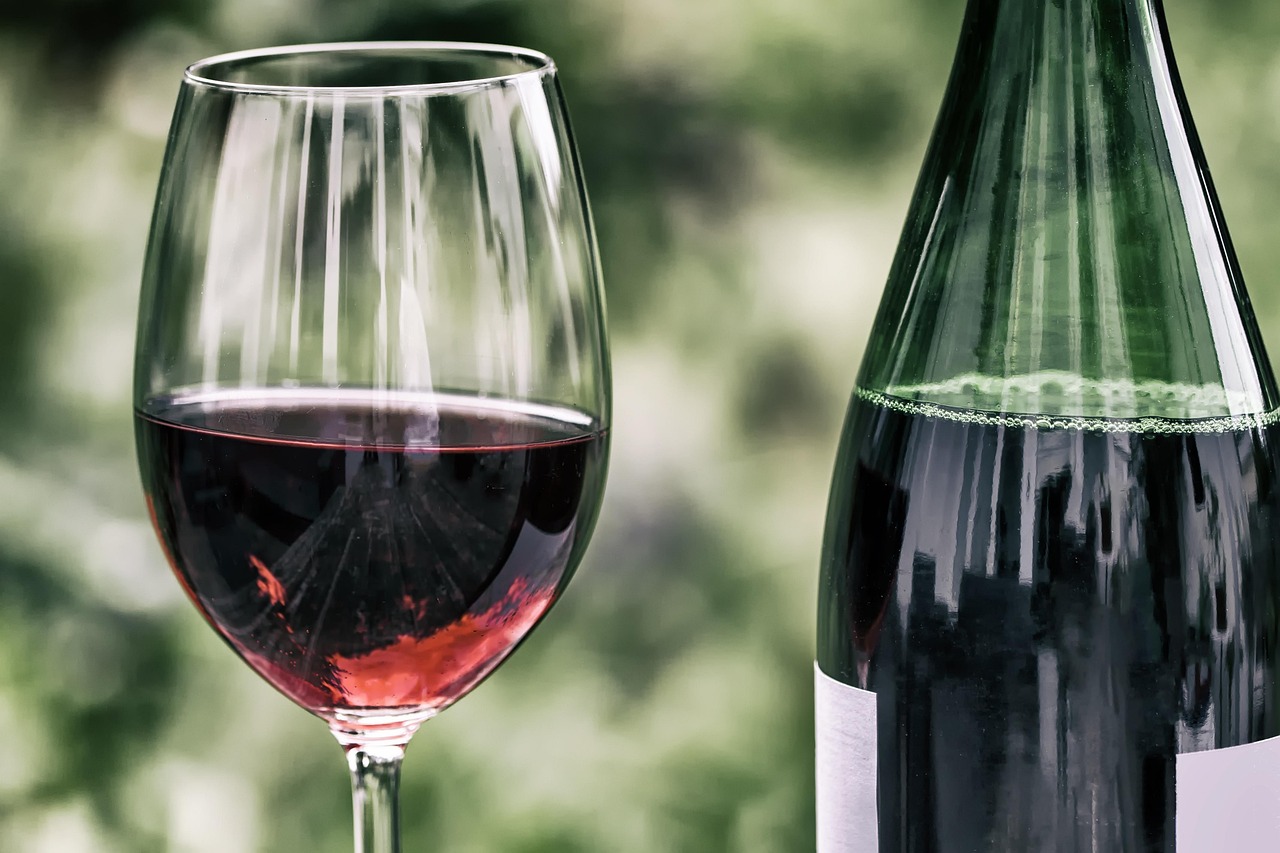Image credit: Unsplash
Starting January 1, alcohol and cannabis sales could expand in some parts of California thanks to two new laws that aim to increase central city foot traffic, which has yet to fully recover from the COVID-19 pandemic.
Senate Bill 969, authored by state Senator Scott Weiner, will let local governments designate “entertainment zones,” where bars and restaurants can sell alcoholic beverages for people to drink on public streets and sidewalks.
Cannabis Legalization at Last
Slowly but surely, cannabis legalization has begun to spread throughout the US, and it’s easy to see why. For decades, cannabis has been one of the country’s laziest and most poorly kept secrets. Huge swaths of the population have been using cannabis in one form or another for years. Public figures such as Willie Nelson and Snoop Dogg have built entire, long-lasting musical careers out of their public embracing of cannabis and have forged far deeper and more intricate relationships with their fans as a direct result of the substance.
And yet, despite all of this, cannabis has somewhat inexplicably remained illegal; for public figures such as those mentioned, who have money to throw around, charges regarding cannabis use were few and far between. Even if someone like Willie Nelson was charged with possession of cannabis, it wasn’t exactly like he was headed for a hard time in prison as a result of it.
In stark contrast, blue-collar workers, the lifeblood of the country and its workforces, have long suffered the consequences of these contradictory and hypocritical rules. The average American could spend anywhere between five years to several decades in prison solely for being in possession of cannabis. This has led to many elongated incarcerations, and with the legalization of cannabis, this practice looks to finally be coming to an end.
The Specifics
Beyond mere cannabis usage, though, SB 969 also includes stipulations related to alcohol consumption, which has garnered even more attention. Some organizations, such as the California Alcohol Policy Alliance, oppose SB 969 because it could contribute to drunk driving accidents and increased alcohol mortality rates.
Governor Gavin Newsom signed a similar bill in 2022, but it was limited to San Francisco. In September, the city experimented with an entertainment zone for Oktoberfest and reported at least ten times more foot traffic than the 2023 celebration.
“Getting people out in the streets to enjoy themselves is critical for communities across our state to bounce back from the pandemic,” Scott Wiener, a San Francisco Democrat, said in a statement.
There’s still a lot of broader economic uneasiness among business leaders and Californians concerned about the cost of living. Newsom has embarked on a jobs tour.
Protecting Workers Amidst Innovation
AB 1775 legalizes Amsterdam-style cannabis cafes, allowing lounges to also sell food and drinks that aren’t pre-packaged. After opposition from the American Heart and Lung Association and Newsom’s veto of a similar bill in 2022, AB 1775 includes additional protections for workers against secondhand smoke.
This final addition feels critical, as (much like those aforementioned blue-collar workers who have spent years in prison for harmless cannabis possession) the workers in any given field that make up the bulk of the workforce deserve protection from the elements they are forced to consistently interact with. Being exposed to secondhand smoke for prolonged periods could have long-lasting side effects, and AB 1775 provides protective measures to ensure those workers are kept safe and/or compensated fairly for their exposure.
“Lots of people want to enjoy legal cannabis in the company of others,” bill author Assemblymember Matt Haney, also a San Francisco Democrat, said in a statement. “And many people want to do that while sipping coffee, eating a sandwich, or listening to music. There’s no doubt that cannabis cafes will bring massive economic, cultural, and creative opportunities and benefits to our state.”


































































































































































































































































































































































